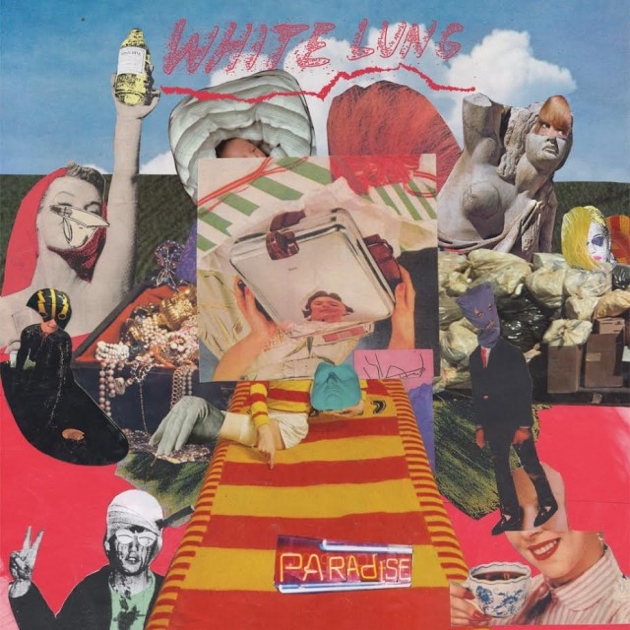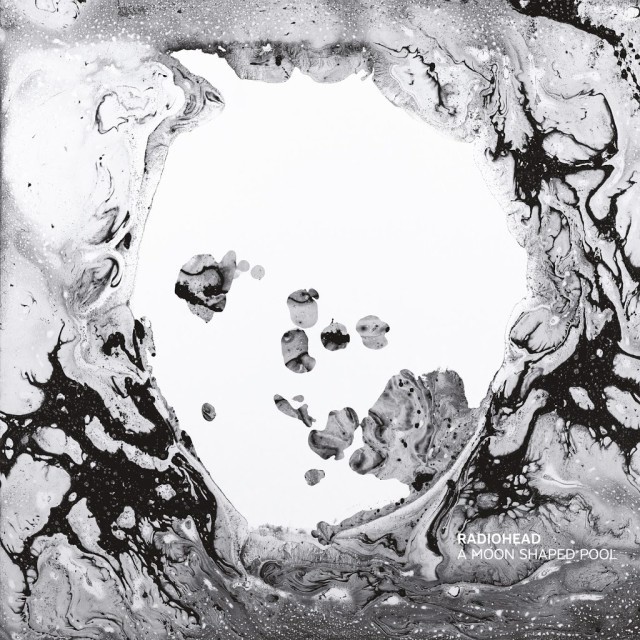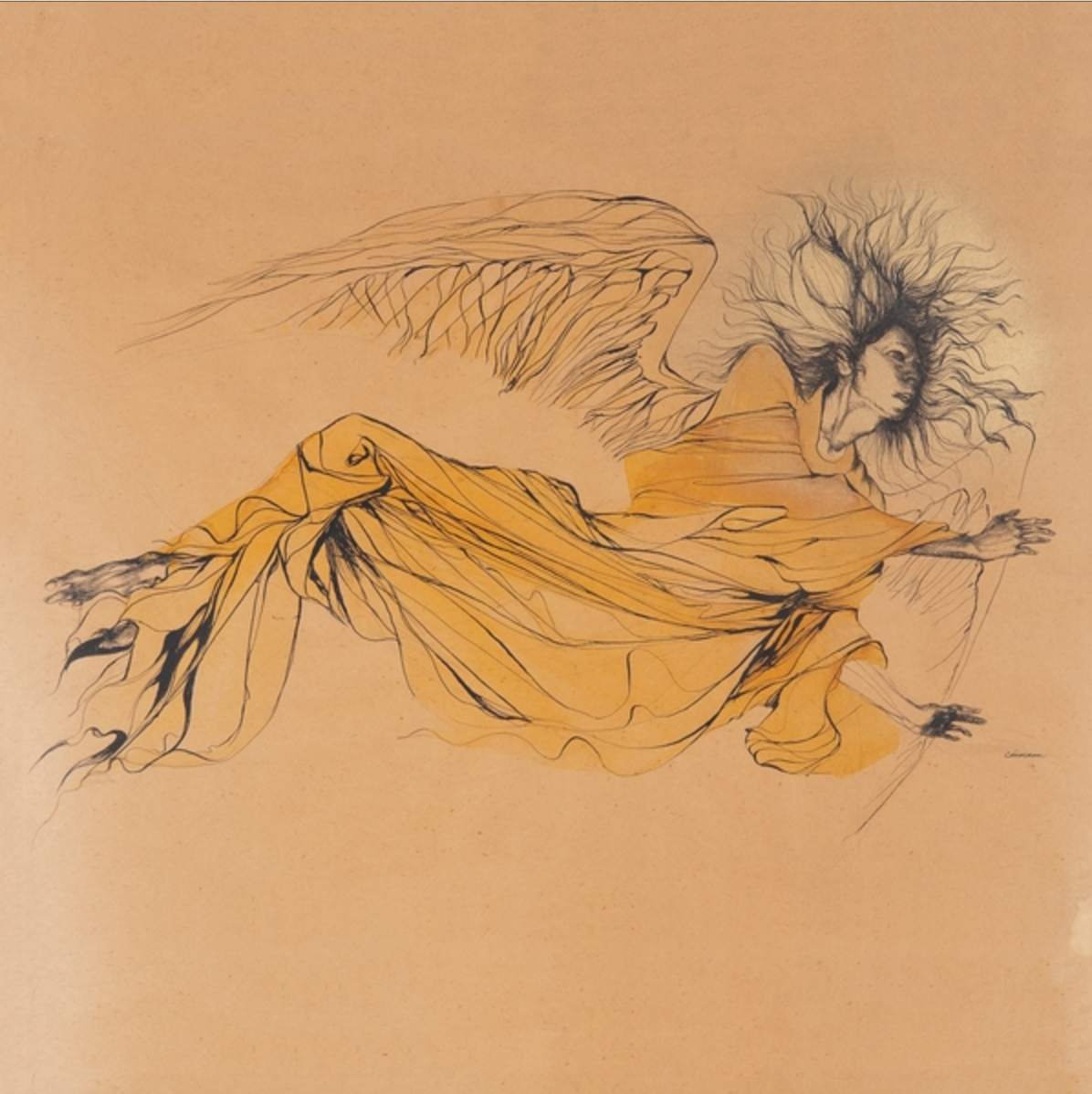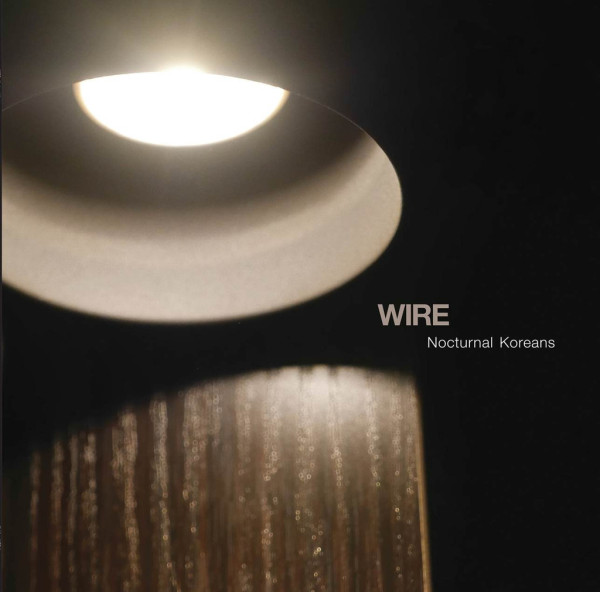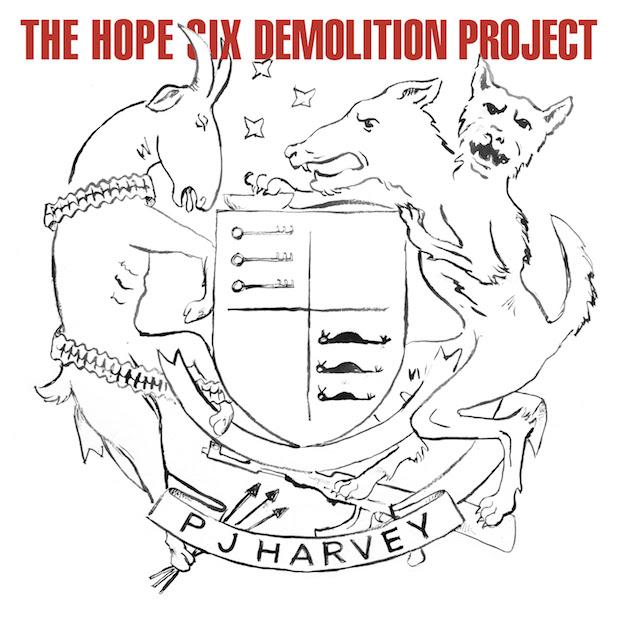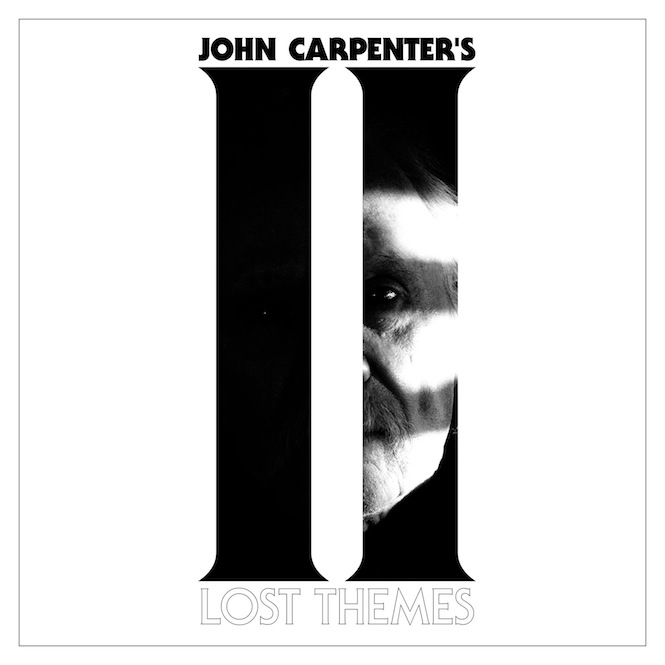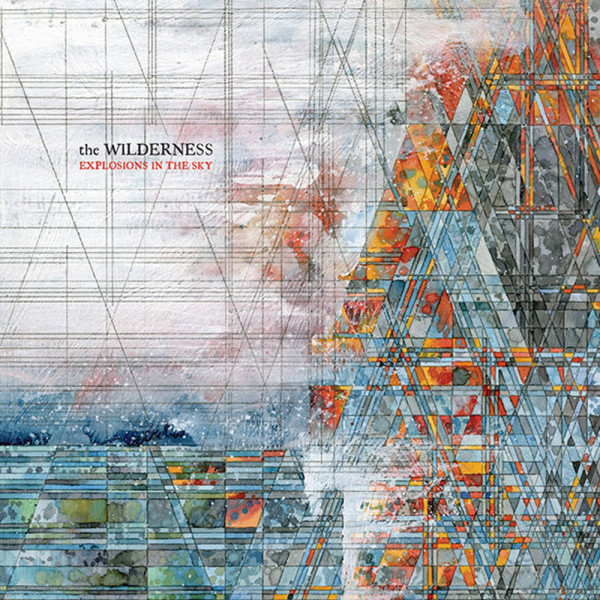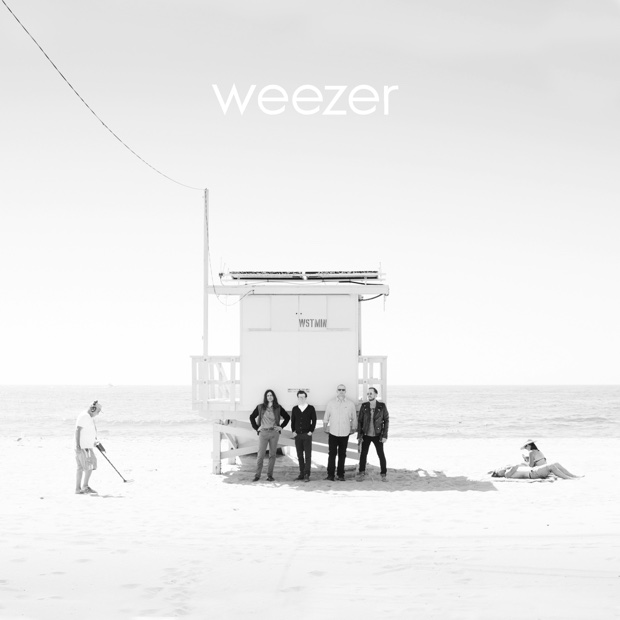In recent years, there is a marked shift in the ideal of pop-punk. What was once a, pretty justifiably, derided sub-genre, now has an odd cult-like following surrounding it. Swing over to Tumblr and see a devotion that seems so alien for a musical classification who shining stars are Blink 182, Sum 41 and Green Day. Fun bands in their own right but they’re not the kind who’d inspire Rush levels of dedication. Within that too there is an idea that this category is under some kind of threat that it needs to be “defended”. But what’s so odd is…
-
-
There is a certain degree of futility in reviewing a new Radiohead album. Although the term is thrown around quite loosely, it could be convincingly argued that Radiohead are legitimately a ‘critic-proof’ band and nothing that a bespectacled, pseudo-musical aficionado can say will affect anyone’s views. There is a good possibility that everyone reading this has already secured, listened to and devised their own opinion of the disc and its relative merits and is simply reading this as a form of validation. So since the majority of you have already digested it, let’s get the obvious question out of the…
-
In the most sincere kind way, Cinematic Views by Wexford’s Frankenstein Bolts is just a nice record. It’s not a spectacular exploration of the human condition or a technical behemoth that levels the playing field with its symphonic intricacies. No, Cinematic Views is simply a delightful serving of dreamy folk with electronic overtones, almost like a stripped back Oppenheimer or if Belle and Sebastian covered Zero 7. This, the duo’s debut EP, is comprised of four neatly formed pieces of gentle, soothing musical warmth. The opener, “Station Street” is mellowed slice of sweet, carefree pop; the kind of music that’s…
-
How does a collection of songs become more than the sum of its parts and coalesce into a greater whole? Surely, sharing a musical or lyrical theme should suffice, but countless records have succumbed to the trappings of the generic in following that format. Given the risk, what’s the real benefit of opting for such rigidity in self-expression? Susanna’s Triangle is a great example of why the album as an idea works and how magical it can be. Over its ambitious runtime, the release primarily focuses on a fluid, transient interpretation of what constitutes a song. The emphasis here is…
-
The term seminal might get thrown around too much these days, but when used to describe post-punk legends Wire, it almost seems too humble. In many ways, the group are an anomaly amongst their peers. For starters, over their majority of their thirty-year career they’ve managed to retain the same line-up, avoiding the unfortunate stigma of being a glorified vanity project for singer Colin Newman with a revolving door of musicians, desperately vying for some kind of relevance. In fact, the group has gone the exact opposite route, shrugging off any requests to do retrospective tours of their first three,…
-
PJ Harvey’s back catalogue is a sight to behold. Over eight solo records, the woman hasn’t even skimmed the surface of a bad record. She’s toyed with a multitude of genres from Albini noise to electronica to English folk and fit into each with alarming ease. Yet in spite of her mercurial ability, she still finds a way to challenge her listeners, even this late in the game. Her previous album, Let England Shake, was a concept album the first world war as viewed through English folk music. Her latest LP, The Hope Six Demolition Project, is a vicious polemic…
-
Lost Themes 2 is legendary filmmaker and composer John Carpenter’s follow-up to his 2015 effort, Lost Themes. The central concept behind the record is simple: themes for films that Carpenter never made. To anyone who has seen the likes of Assault on Precinct 13, Escape From New York or Halloween, this is a salivating promise as it distills one of the man’s greatest strengths into a single cohesive package. Lost Themes 2 is an expansion on that same idea, and not unlike a sequel, it builds upon the groundwork laid in the first outing in bigger, more polished way. The…
-
Is it better to be straightforward or abstract? There are definite merits to both. The latter ensures that the message is clear and unmistakable while also lending it a layer of conviction, only achieved by emotional honesty. The former, though, allows the message to mean anything to anyone and can shield vulnerability from the prying, critical eyes. The conflict between these two lies at the heart of Are You Serious, the eleventh album by indie folk rocker Andrew Bird. A fascinating hit and miss performer, so much of Bird’s output has been filtered through the cerebral and the surreal that…
-
Explosions In The Sky are curious sort of band. While their influence and legacy loom over the entirety of the post-rock genre, they for a long time represented the most pedestrian elements of one of the most compelling sub-genres in recent years. Their songs followed a typical format and structure that could be dubbed “squarewave”. It’s a form based around the contrast of the extremes of silence and noise, like a square waveform. Sparse, twinkling legato and staccato guitars lull you into a sense of tranquility, which is sharply interrupted by an onslaught of wailing guitars, crashing drums and thick…
-
Weezer has had a rough time over the last decade. Things had been on a downward trajectory since 2003’s Make Believe and watching what at one time was the most shining example of contemporary pop rock flail about to awkward disco tracks and Lil’ Wayne collaborations was both embarrassing and heartbreaking in equal measure. However with their last effort, Everything Will Be Alright In The End, the group seemed to recapture some of their early “Brian Wilson and Steve Smith fronting a Cheap Trick cover band” magic. Reassuring as it was nerve-wracking, the album suggested the dark days were gone…

